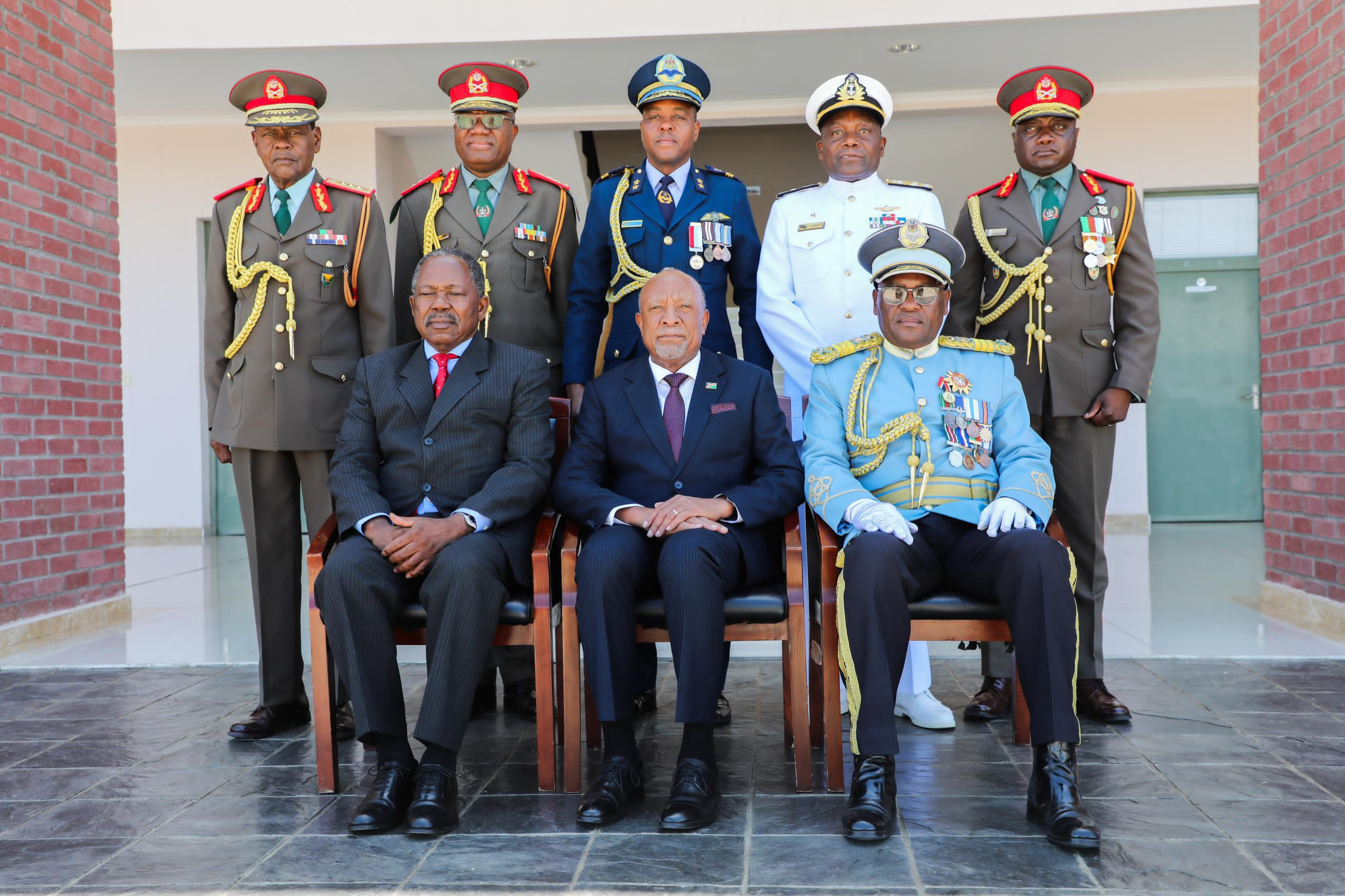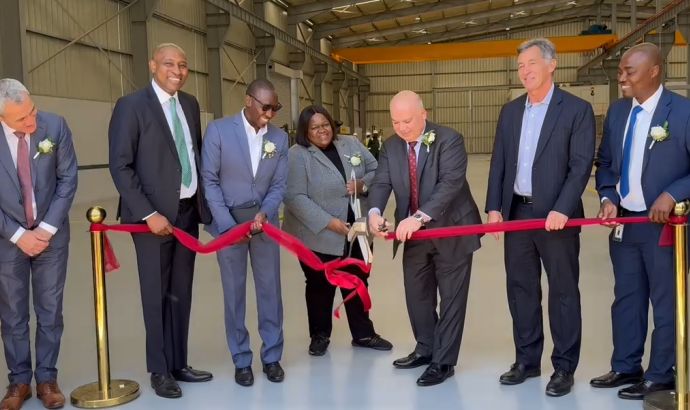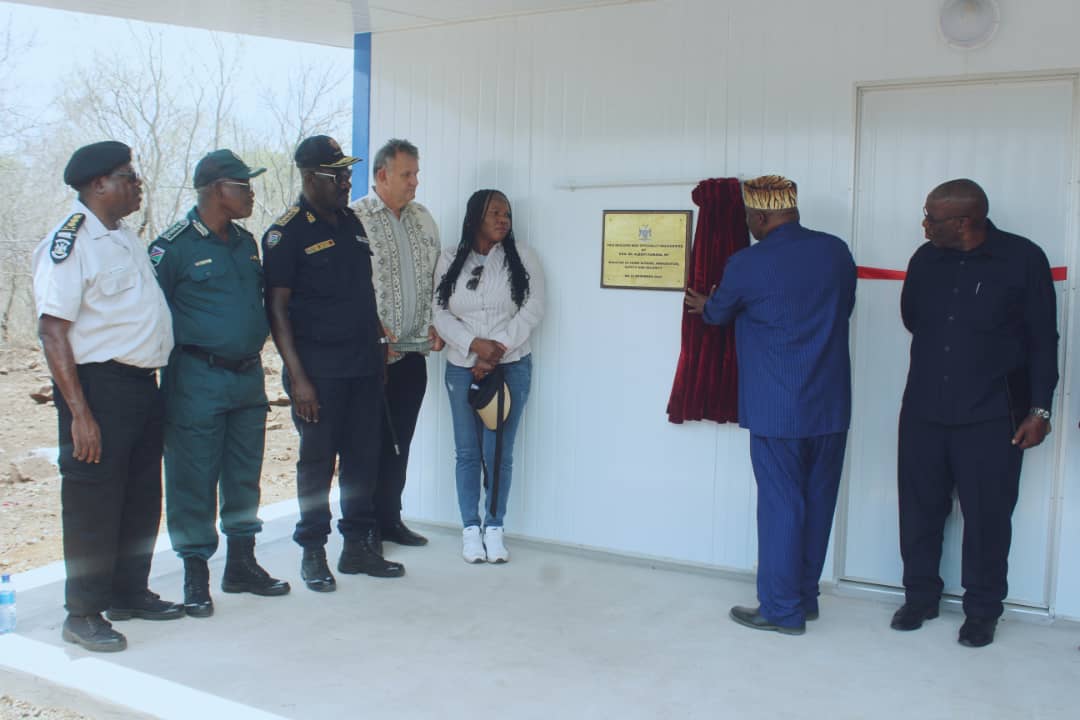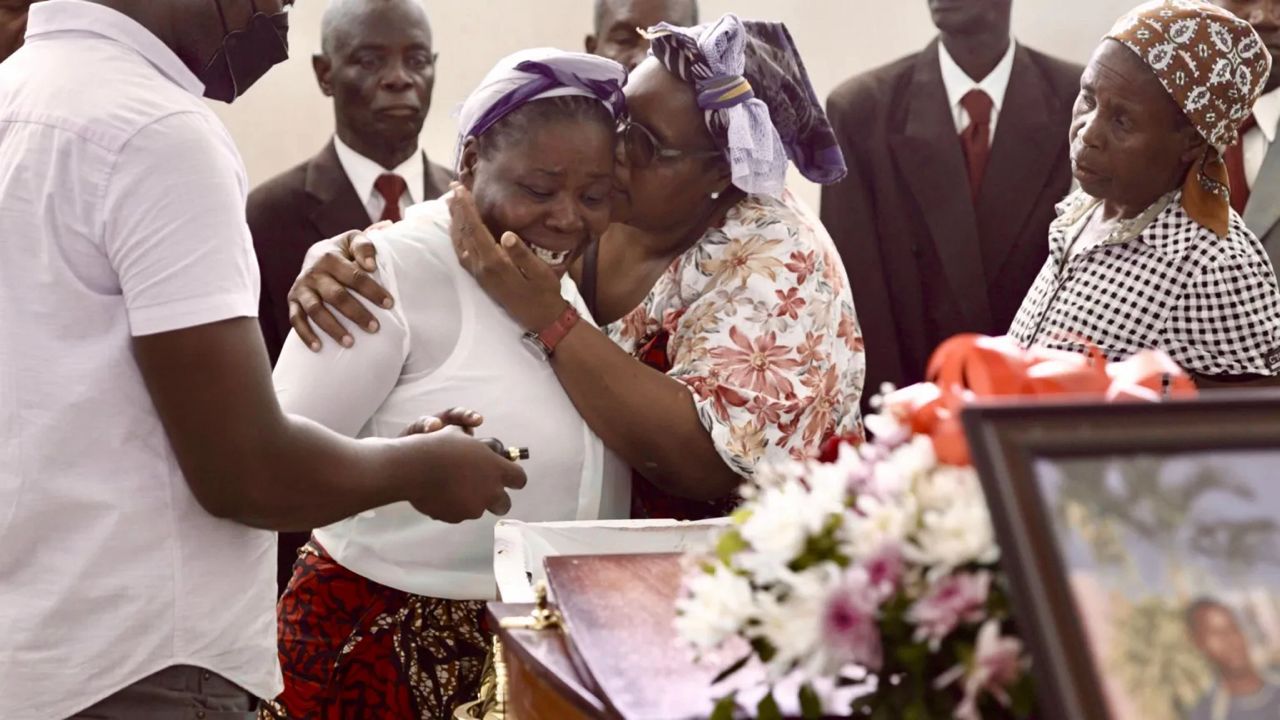An influencer battles a love genie’s curse, the Namibian goat mafia terrorises a local village, Penda has a land dilemma and a cook tries to pay off their father’s gambling debts as MultiChoice Namibia and the Namibian Broadcasting Corporation’s ‘Project Mukorob’ teases 13 locally produced films at their recent premiere event.
As invited guests trickle into the backstage reception area, the air at the National Theatre of Namibia is thick with fizzy anticipation below the soulful sounds of Nasim and The Yesterdaye. The theme, drawing on the idea of local being lekker, is ‘Nam Glam’ and guests step out in their best, though many of the featured films’ cast and crew are conspicuously absent.
Those present are a mix of more established and newer local film industry faces. The cast of MultiChoice Talent Factory alumna Hilma Sheehama’s ‘Instalove’ is particularly effervescent and speaks to the project’s aim of unearthing and providing opportunities for new Namibian talent.
“We are standing on the shoulders of giants,” says NBC director general Stanley Similo, tipping his hat to the likes of Marinda Stein, Vickson Hangula and Cecil Moller, who are also present. “The beautiful thing is that the old guard, in terms of filmmaking, got a chance to come in but, equally, new directors were also given a chance to be on board.”
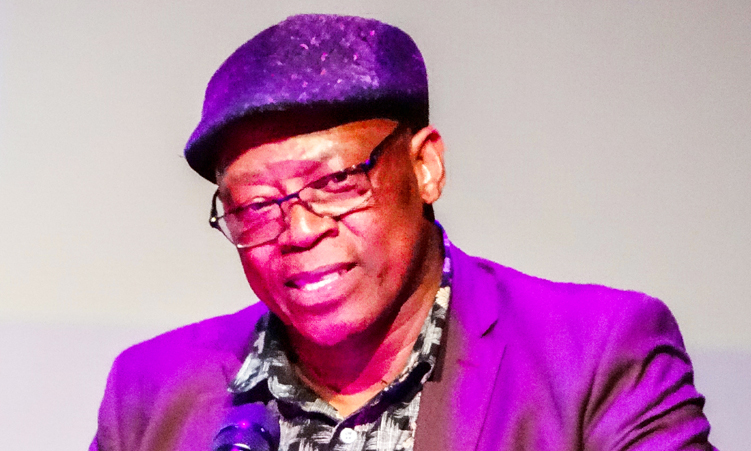
The 13 ‘Project Mukorob’ films which are currently being screened on DStv, streamed on Showmax and which will land on NBC in December are marketed alongside the tagline ‘Namibia to the World’. Storylines tackling issues of abortion, poverty, access to quality medical care and land ownership are sure to resonate with local audiences.
According to MultiChoice Namibia managing director Roger Gertze, ‘Project Mukorob’ will catapult Namibian film talent further than many may suspect.
“At MultiChoice Namibia, we believe in telling African stories that touch lives, celebrate our continent and have the happy consequence of building great futures. This is why we have made growing Namibia’s local content industry a priority. To bring authentically Namibian stories to the silver screen in a distinctively Namibian way and within the context of our unique languages, landscapes, people and culture,” says Gertze.
“This year, for the first time, MultiChoice Namibia has produced over 12 hours of local content that will reach millions of homes, speaking over 40 languages, across 50 countries and reaching more than 100 million people,” he says.
“These hours of new content have been added to our broader local content library of nearly 70 000 hours of viewing that speaks to the heart of viewers across the continent. That’s what we mean when we say this project takes Namibia to the world.”
While ‘Project Mukorob’ is a significant deposit in Namibia’s cinematic trove, the initiative is also a preview of what the local film industry is capable of, as well as a substantial case for increased investment.
In his keynote address, Similo expresses appreciation that the deputy minister of the Ministry of Information, Communication and Technology, Emma Theofelus, as well as representatives from the Namibia Film Commission are present as he considers issues of film financing.
“At the level of the national film commission, we need to up that budget so that we can do what we’re seeing today a hundred times more,” Similo says. “One of the disheartening positions in this country is you find that corporate businesses don’t support filmmaking as a business and I can’t understand why that is the case,” he says. “It will be nice for us now to see all these movies on screen but we need more funding to come in.”

Issues of film financing and the film industry as a job creator are also key points in a speech by Theofelus.
“Film as a powerful medium of expression has the potential to address the pressing issue of unemployment and must be prioritised accordingly. We recognise that the funding provided by MultiChoice for this project is just the beginning of a promising journey that will ensure and anticipate the involvement of more stakeholders who share the same vision to grow the film industry,” says Theofelus.
“This includes the banking sector that we believe could give the necessary film financing like any other industry supported by government. We would like to see commercial banks develop special schemes for filmmakers,” Theofelus says.
“Although the cost of creating films can be relatively high and indeed at times risky, the returns are even higher and even better and greater for nation building, therefore banks should increase their appetite for financing this particular industry,” says Theofelus, who adds that “it is imperative that our parliament champions the goal of development of the film industry by allocating the necessary resources”.
A glamorous evening that suggests tax breaks, increased corporate investment, more favourable bank financing and globally competitive skills development to elevate the local film industry, the ‘Project Mukorob’ premiere night draws to a close with a screening of Whitney Ndongo’s ‘Bokwagter’ sending the audience into an enthusiastic ovation.
“There is an almost insatiable appetite for authentic local content” says Gertze.
“Today we are truly proud to showcase the wonderful talent that exists in our beautiful country and want to celebrate those brave creators who dared to make their dreams a cinematic reality.”
– martha@namibian.com.na; Martha Mukaiwa on Twitter and Instagram; marthamukaiwa.com
Stay informed with The Namibian – your source for credible journalism. Get in-depth reporting and opinions for
only N$85 a month. Invest in journalism, invest in democracy –
Subscribe Now!



